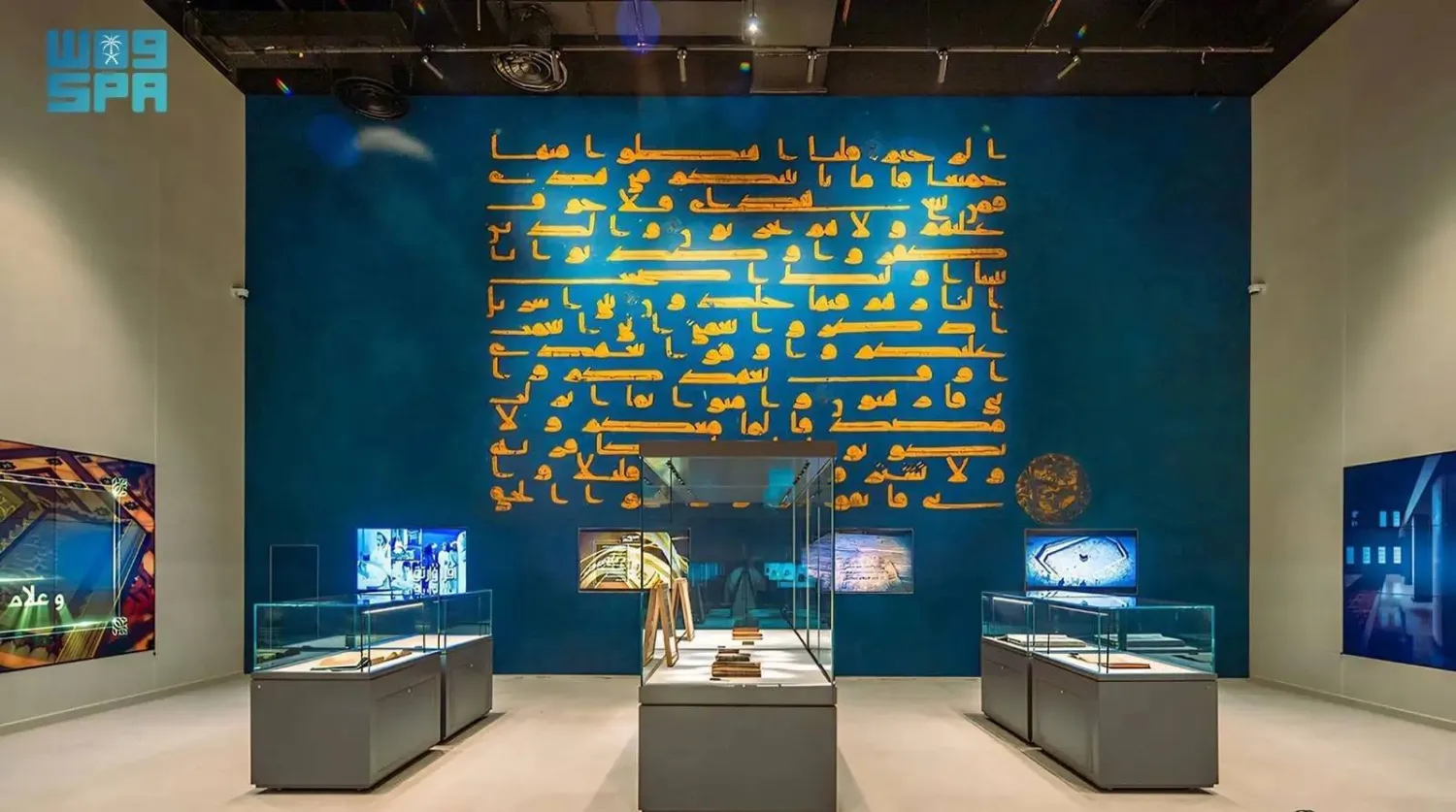Schools across six Saudi educational regions—Riyadh, Yanbu, the Eastern Province, Jeddah, Jazan, and Tabuk—welcomed teachers from the People's Republic of China as part of the national project to introduce Chinese language instruction. This initiative aims to enrich students' linguistic and cultural diversity.
Starting this academic year, students will receive mandatory Chinese language lessons. However, grades in this subject will not impact students’ cumulative GPA, allowing them to learn the language without the pressure of traditional academic evaluation.
Chinese language lessons will be introduced to 57 schools in Riyadh, 41 in Jeddah, 25 in Jazan, and five in Khobar.
Maryam Al-Sari, principal of the Second Intermediate School in Sabya—one of the schools approved for Chinese language instruction in the Jazan Education Department—shared that the Chinese teacher began her duties on Monday.
To celebrate her arrival, the school staff organized a welcoming ceremony reflecting Saudi hospitality and culture.
Students greeted the teacher with flowers and traditional Saudi hospitality, using Chinese phrases they had learned recently. The day featured a unique blend of Saudi and Chinese educational experiences.
“From the start, we aimed to create a common ground between the students, school staff, and the Chinese teacher by forming a support team that includes an English teacher,” Al-Sari told Asharq Al-Awsat.
“We also educated the students on the importance of Saudi-China relations, which is a key goal of Vision 2030, and emphasized their role in showcasing Saudi cultural values."
One of the Chinese teachers joining schools in Jazan, was greeted with flowers, traditional Saudi coffee, and warm hospitality.
“I was thrilled to be welcomed by the students and the school staff. The reception was very warm and heartfelt, and I am grateful for the kindness I’ve experienced,” the teacher told Asharq Al-Awsat.
When asked about how Chinese teachers are chosen, the teacher revealed that they must first pass an exam, obtain a Chinese teaching certificate, and complete training abroad.
The Saudi Ministry of Education’s goal in bringing Chinese teachers to Saudi schools is to improve education through diverse teaching methods and cultural exchange.
This initiative aims to enhance students’ skills, promote better understanding between different cultures, and raise the overall quality of education.









